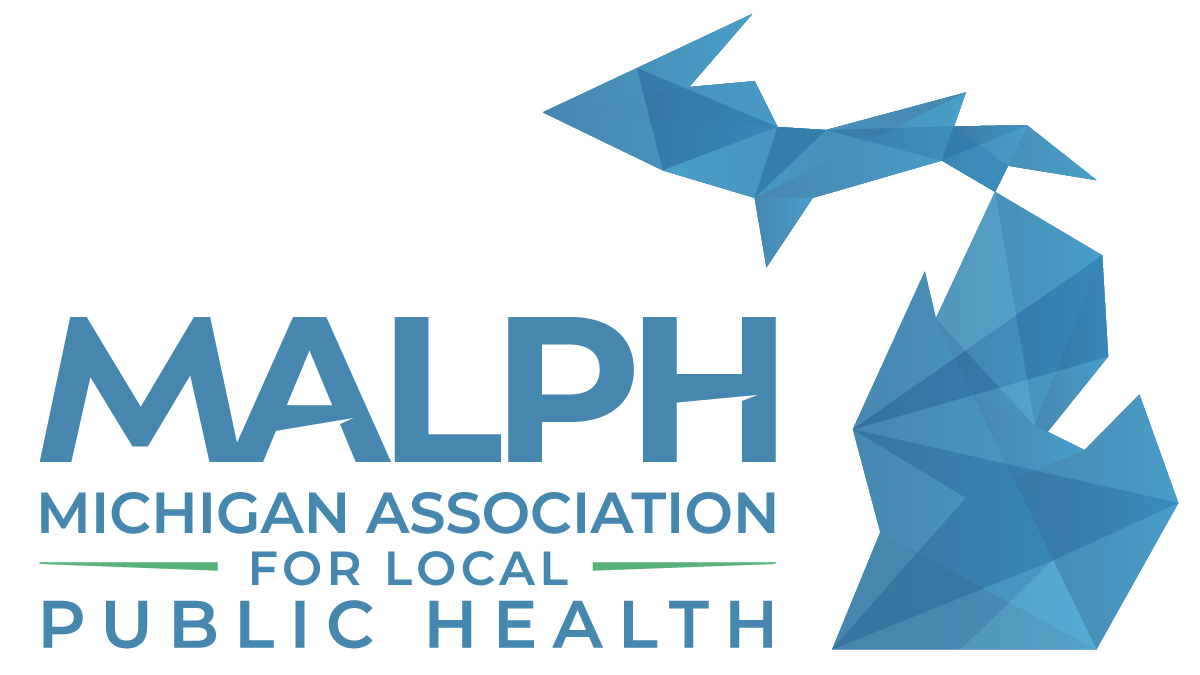| Ingham County Health Department - Urban |
| Population Served: Pregnant and Parenting Women who smoke |
| Submitted: 2012 |
| A "Model Practice" - NACCHO |
| Michigan Accreditation |
|---|
| Not Available |
| National Accreditation |
|---|
| Not Available |
House Calls provides home-based smoking cessation education and support to pregnant and parenting women who smoke. Services are delivered in a relationship-based model of care, and the practice addresses the important public health issue of reducing tobacco use.
The target population for the practice is low-income pregnant and parenting women who smoke and receive services at Ingham County Health Department (ICHD). Eighty-six percent of the 813 women receiving prenatal care at ICHD’s Women’s Health Services in 2006 were covered by Medicaid. Research has shown that persons on Medicaid smoke at higher rates than the general population.
House Calls began in November 2008 with the goal of developing comprehensive, sustainable, and accountable smoking cessation services for pregnant and low-income women. Initial program objectives included developing a multi-component home-based cessation intervention and training staff to deliver services.
House Calls was strategically integrated into existing home-visiting services to assure its sustainability. Public Health Nurses (PHN) and Public Health Advocates (PHA) provide tobacco cessation services as part of an existing home visit. Staff were trained to utilize Carbon Monoxide (CO) monitors, that identify the level of carbon monoxide in a person’s system. An incentive system is in place that provides support for participation in the program. Nicotine Replacement Therapies (NRT) were also available for women whose doctor prescribed it to them.
Project objectives were attained, and the intervention was delivered to twice as many women (107) than had been projected in the first year (50). Over 230 women have now been served, and enrollment in House Calls continues. The specific factors leading to the success of the practice included:
- The practice is specifically designed to address barriers identified by the target population.
- The practice is integrated into existing home-visiting services predicated on a relationship-based model of care.
- Vigorous outreach is used to engage community partners in making referrals.
- Staff receives training to increase their knowledge about tobacco cessation support and to facilitate their confidence in delivering the intervention.







